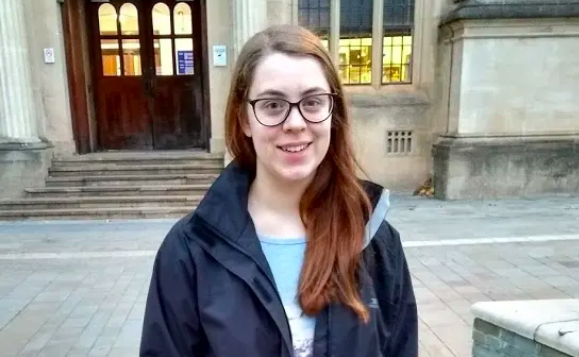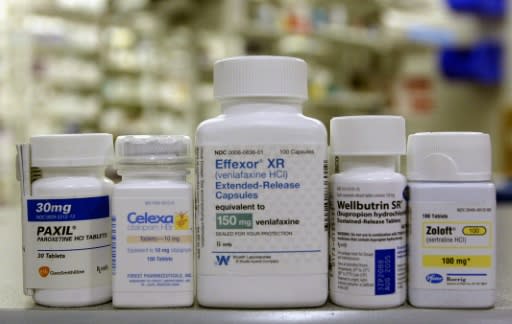GP ‘ignored NHS guidance’ before vulnerable university student killed herself

A doctor has been accused of ignoring NHS clinical advice and not following up on the case of a student who was at high risk of ending her life, an inquest has heard.
Natasha Abrahart, 20, who was studying physics at Bristol University killed herself on April 30 last year.
The student spent more than a month without anti-depressants despite being at high risk of suicide.

The GP Dr Emma Webb said to Avon Coroners’ Court that she saw the 20-year-old on March 30 then again on April 20 when she prescribed her the anti-depressant Sertraline.
When she prescribed the anti-depressants to Natasha, she made a note to follow up in two weeks.
However, the NHS advice is to follow up after just one week.
The GP said Natasha was “extremely difficult to communicate with”.
The inquest also heard that two GPs who saw Natasha did not communicate their concerns to her course leaders or contact the vulnerable student support service about her case.
Her mother Margaret Abrahart said: “She seemed very worried about being kicked off the MSc course … My strong impression is that she would have considered this to be a huge failure.
More to follow:
Health Secretary urged to investigate NHS bullying claims
More than 2,500 NHS Scotland operations cancelled in March
“I found it very difficult to know how far to push her.
“I decided I just had to trust the professionals even though it felt acutely uncomfortable.”
Her family’s barrister, Tom Stoate, told the court: “The system appears to have left a suicidal student without medication for a period of one month.”
The guidelines from The National Institute for Health and Care Excellence (NICE) state that “a person with depression started on antidepressants who is considered to present an increased suicide risk or is younger than 30 years (because of the potential increased prevalence of suicidal thoughts in the early stages of antidepressant treatment for this group) should normally be seen after 1 week and frequently thereafter as appropriate until the risk is no longer considered clinically important”.
A total of 12 students have ended their own lives at Bristol University since 2016.

 Yahoo News
Yahoo News 